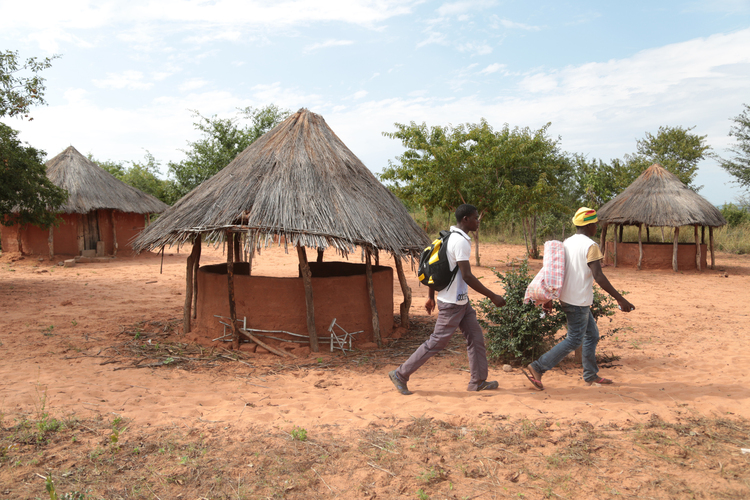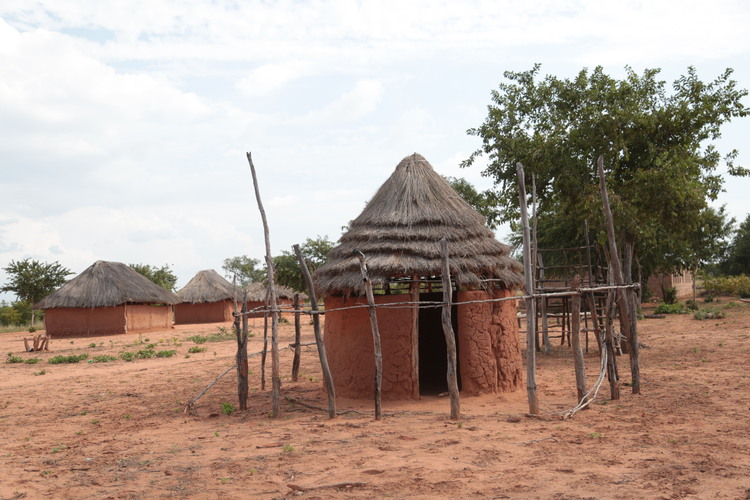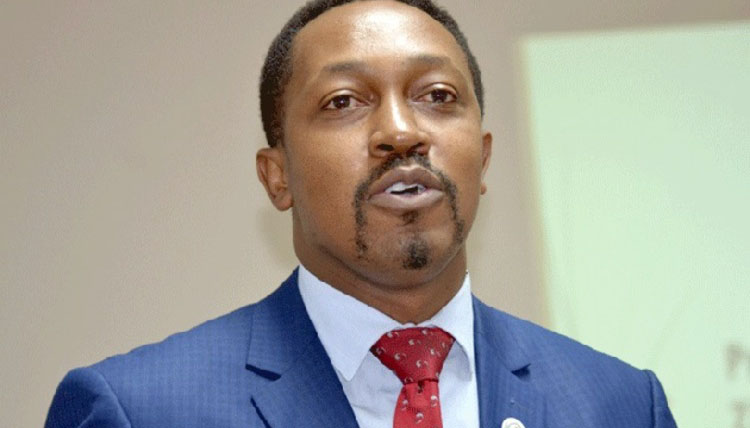
The Sunday Mail

Harmony Agere
Finance Minister Patrick Chinamasa’s proposal for levy pupils to raise funds for school infrastructure development duplicates the Building Levy recently introduced by Primary and Secondary Education Minister Dr Lazarus Dokora, observers say.
In the 2016 National Budget presentation, Minister Chinamasa proposed that the country’s 3,2 million public students should each pay at least US$6 yearly to raise US$90 million for construction of schools.
Minister Chinamasa said primary school children would pay US$2 per term while formal and non-formal students in secondary school would pay US$5 termly, meaning parents will fork out US$6 and US$15 extra next year.
These measures, Minister Chinamasa said, will help reduce the schools deficit currently standing over 2 000 units.
“… the infrastructure at most primary and secondary schools remains inadequate, resulting in students travelling long distances to school or shortening of learning periods because enrolments are so large that teaching-learning time has to be split between sessions,” he said.
“Focus on school infrastructure should be on building class room blocks, laboratories, libraries, sporting facilities, student hostels and staff accommodation. Hence, in complimenting budget financing, Government will in 2016 vigorously pursue floating an infrastructure bond to be underwritten by School Development Association levies.
“Indications are that with 3,2 million children in our primary and secondary schools, we can safely plan on revenue streams of upward of US$30 million per term to service such bonds.”
However, a couple of months ago Dr Dokora re-introduced the Building Levy.
Dr Dokora reportedly sought permission from Cabinet in September to raise about US$120 million for school infrastructure development by levying children an amount yet to be announced.
The money, Dr Dokora said, would be used to pay back loans from private entities to build schools.
He said construction would;d be on a build-operate-transfer arrangement, with Government collecting a percentage of school development levies.
“As you know, we flighted the expression of interest documents in the Press last month and we are talking to those (private entities) who responded.
“After we are satisfied that we have exhausted the short-list then we prepare a document for the tendering and then we will go back to Cabinet and get the authority to sign them on,” Dr Dokora was quoted as saying in September.
Nonetheless, while the two ministers have been applauded for fighting for a noble cause, observers have warned that the two funds could weigh heavily on parents and guardians.

Villagers pass through Binga’s Donga Primary School administration block whose rehabilitation is being funded by Campfire
Developmental policy expert Mr Damir Kulic said the two funds served the same purpose and should be merged .
“Levying pupils to raise money for school infrastructure development is a necessary evil in Zimbabwe at this time,” he said. “But levying pupils twice for the same purpose is not right. The two ministries should engage each other and explore how they can set up a single fund which is founded on the different ideas motivating the two sides.
“Parents are heavily burdened by school requirements and authorities should try by all means to minimise that burden.”
Primary and Secondary Education Deputy Minister Professor Paul Mavima said the two levies would not create redundancy saying their proposal would build teachers’ houses and Minister Chinamasa’s would develop learning facilities.
“I don’t think the funds will be heavy on parents because this money is going towards infrastructure development,” he said. “And I also do not think there is duplication because in as much as we have the same ambition we want to improve different areas.”
Progressive Teachers Union of Zimbabwe president Dr Takavafira Zhou nonetheless castigated the whole idea of levying students for development.
“This idea of levying students is wrong in every aspect. It is a known thing that the responsibility of building schools lies with the parents through SDCs,” he said. “With the entire burden that parents and guardians have, where do you expect them to get the money? The levies are just too much now and I think Government should give the parents a break.”
He went on: “The budget leaves a lot to be desired. With all due respect it looks like Government is neglecting education. We should be given more because we are a critical sector and the future of the country depends on us.”
Prof Mavima said while the Primary and Secondary Education Ministry needed more money, he appreciated what Minister Chinamasa was doing.
“We also know that Treasury is in a tight space and therefore, we are appreciating all the work they have been doing.
“The other thing is that we are also not waiting, we are also doing our own projects to make sure that we raise the money that we need.”

One of the offices (top and bottom) at Donga Primary School in Binga
Minister Chinamasa’s update of progress in construction of schools so far gives hope.
He said for January to September 2015, US$2,17 million was disbursed towards school infrastructure.
Minister Chinamasa also proposed to allocate US$3,9 million towards infrastructure development across junior and secondary schools.
On the US$20 million facility secured from the Opec Fund for International Development for construction of schools in newly-resettled farming areas, Minister Chinamasa said sites had been identified.
The project entails construction of 12 primary and five secondary schools, teachers’ houses, and provision of equipment and furniture.
“The OFID project will be implemented in three phases over a period of four years at an estimated cost of US$22 million, inclusive of the Government co-financing contribution of US$2 million,” he said.
More funds for curriculum review
Extra Reporter
The Education Development Fund will release about US$24 million in 2016 to support various developmental projects in the education sector, particularly the ongoing curriculum review program, it has emerged.
Since last year, the Ministry of Primary and Secondary Education has been reviewing the school curricula in line with the recommendations by the Nziramasanga Commission of 1999 and the process is expected to conclude smoothly as funds continue to trickle in.
The Education Development Fund, which is under the administration of the United Nations Children’s Fund (Unicef), has already released over US$37 million for the review.
Finance and Economic Development Minister Patrick Chinamasa says more funds are projected to be released in 2016.
Presenting the 2016 National Budget, Minister Chinamasa said the curriculum review is key to the Zim-Asset initiative since it ensures human capital development.
“… the Education Development Fund being administered by UNICEF disbursed US$33,7 million towards funding the review of the national curricula for primary and secondary levels and development of an education policy,” he said.
“For 2016, support under the Education Development Fund is projected at US$24,4 million.
“I propose to allocate US$525 000 to support the implementation of the curricula blueprint approved by Cabinet in September 2015.”
Minister Chinamasa said investing in the curriculum review programme would mostly benefit the Value Addition and Beneficiation cluster.
“The Value Addition and Beneficiation Cluster under Zim-Asset requires the country to invest in human capacity development,” he said.
“In this regard, the review of curricula being undertaken by the Ministry of Primary and Secondary Education offers the opportunity to address skills shortages in science and technology, mathematics and ICTs; improve the quality and relevance of education, emphasising on technical and vocational education and training and to promote social inclusion and cohesion through the teaching of life skills.”
However, critics say the budget allocated to the education sector is inadequate.



